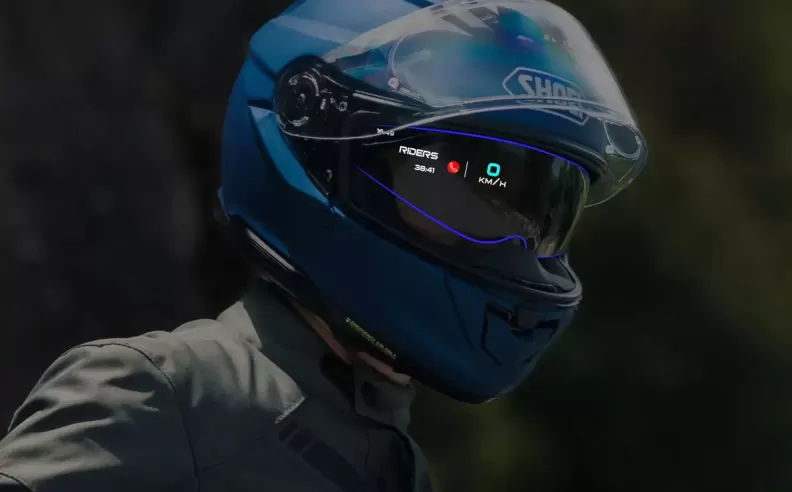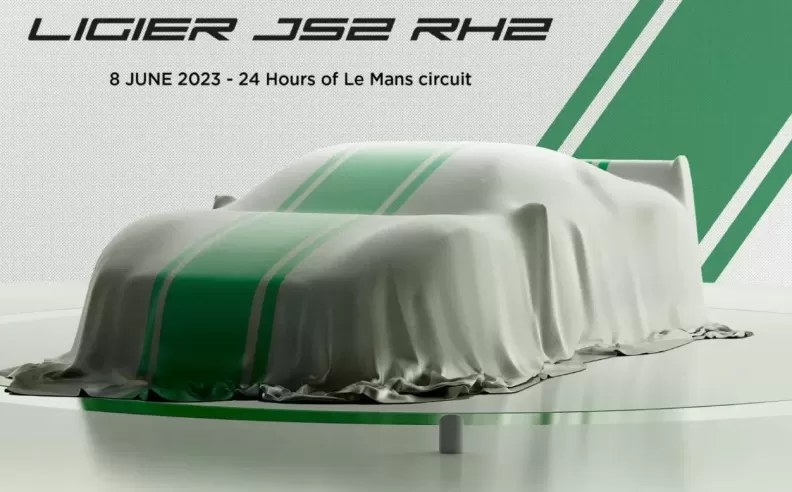
In a significant development for the automotive industry, renowned automotive technology leader Bosch Engineering and innovative vehicle manufacturer Ligier Automotive have joined forces to establish a strategic development partnership. The collaboration aims to pioneer the production of high-performance vehicles powered by cutting-edge hydrogen engine technology. This groundbreaking partnership has the potential to revolutionize the automotive landscape, promoting sustainable mobility solutions and pushing the boundaries of innovation.
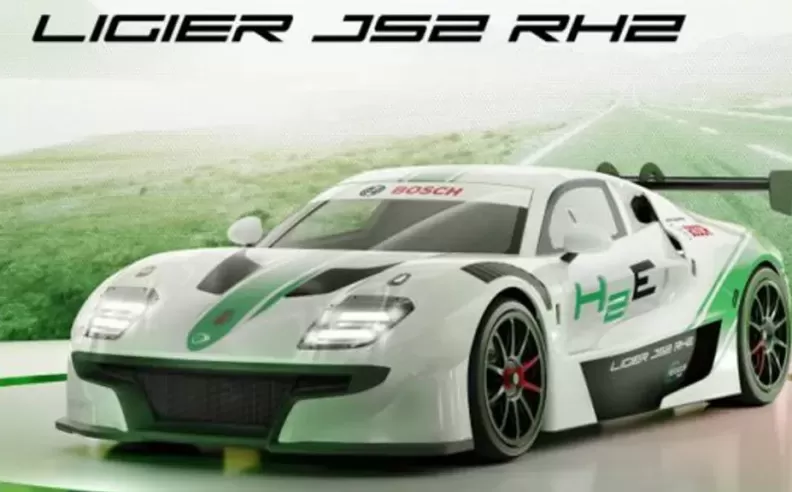
With growing concerns over climate change and the environmental impact of traditional internal combustion engines, the race to develop cleaner, more sustainable automotive solutions has intensified. While electric vehicles (EVs) have gained traction, hydrogen-powered vehicles have emerged as an increasingly viable alternative to traditional fossil fuel-based cars.
Hydrogen fuel cell technology offers several advantages over conventional batteries, including faster refueling times, longer driving ranges, and no harmful emissions. Despite these benefits, the widespread adoption of hydrogen-powered vehicles has been hampered by the lack of a comprehensive infrastructure for hydrogen refueling stations. However, with the concerted efforts of industry leaders like Bosch Engineering and Ligier Automotive, this landscape is poised for transformation.
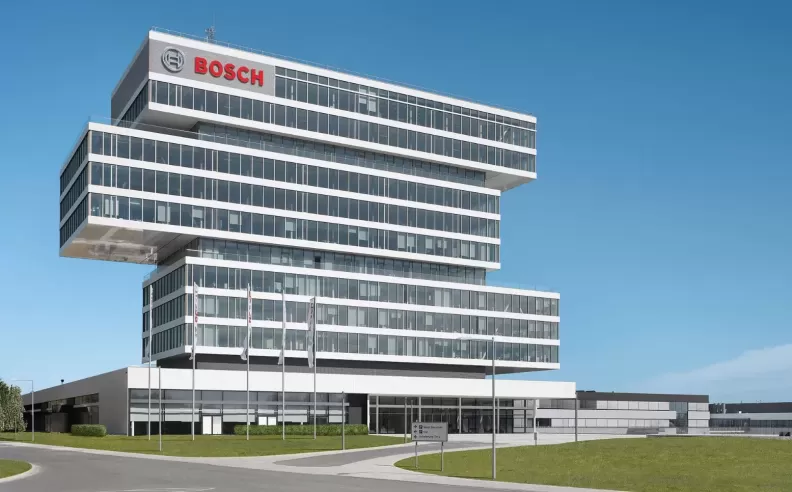
Bosch Engineering, the engineering arm of the globally acclaimed Bosch Group, has long been at the forefront of automotive technology innovation. With a legacy spanning over a century, Bosch has consistently delivered cutting-edge solutions across various automotive segments. From powertrain systems to driver assistance technologies and beyond, Bosch's commitment to research and development has solidified its reputation as a trailblazer in the automotive world.
In recent years, the company has intensified its focus on sustainable mobility solutions, actively contributing to the advancement of electric and hydrogen-powered vehicles. Through this strategic partnership with Ligier Automotive, Bosch aims to leverage its expertise in engineering and technology to propel the adoption of hydrogen fuel cell vehicles in the high-performance segment.
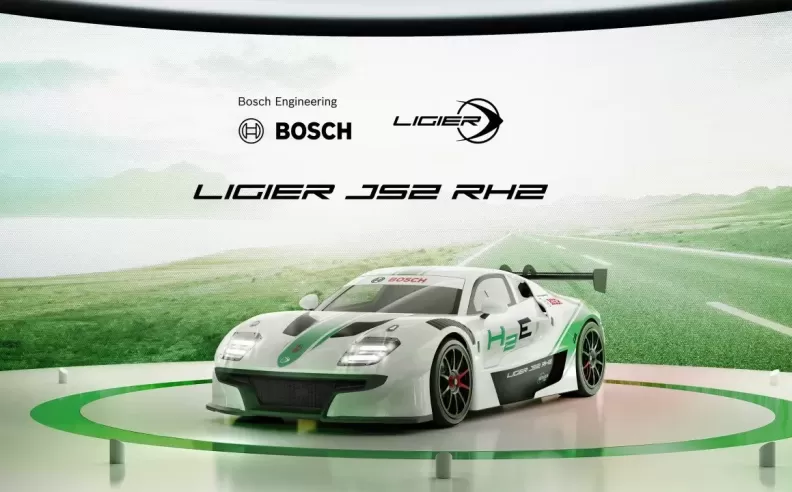
Ligier Automotive, on the other hand, is renowned for its prowess in producing lightweight, high-performance vehicles. Established in the 1960s, the French manufacturer has a rich racing heritage and has played a key role in various motorsport disciplines. With a deep understanding of advanced composites and aerodynamics, Ligier has consistently pushed the boundaries of vehicle performance, safety, and efficiency.
By collaborating with Bosch Engineering, Ligier aims to integrate its expertise in lightweight vehicle design and production with Bosch's cutting-edge hydrogen engine technology. This partnership will seek to create high-performance vehicles that not only excel in speed and agility but also set new standards for environmental responsibility and sustainability.
The strategic development partnership between Bosch Engineering and Ligier Automotive is built on a shared vision of sustainable mobility and a commitment to innovation. The key goals of the partnership include:
Hydrogen Engine Advancement: By pooling their technological resources, Bosch and Ligier seek to refine and enhance hydrogen fuel cell technology for automotive applications. This collaboration will focus on optimizing the efficiency, performance, and reliability of hydrogen engines, making them more accessible and practical for high-performance vehicles.
Lightweight Vehicle Architecture: Ligier's expertise in lightweight vehicle design complements the goals of the partnership perfectly. The integration of Bosch's hydrogen engines into Ligier's performance-focused vehicle architecture will result in agile, high-performing cars that embrace sustainable practices without compromising on power or handling.
Infrastructure Development: Recognizing the critical role of refueling infrastructure in promoting hydrogen-powered vehicles, the partnership will also advocate for the expansion of hydrogen refueling stations. By working with stakeholders and governments, Bosch and Ligier aim to bolster the infrastructure necessary to support the widespread adoption of hydrogen-powered high-performance vehicles.

Wael is an automotive content writer specializes in creating written content for Motor 283. Producing a wide range of content, including blog posts, articles, product descriptions, reviews, and technical guides related to cars, trucks, motorcycles, and other vehicles, with an unprecedented passion for cars, and motorcycles.
